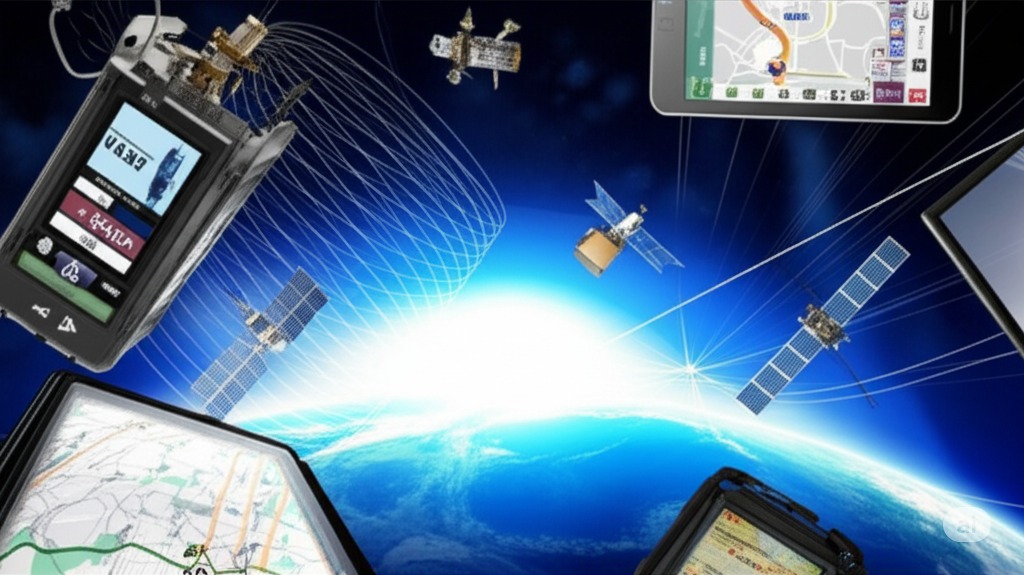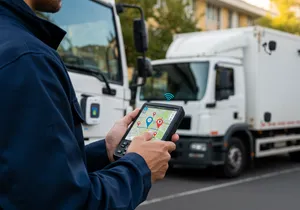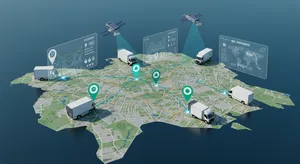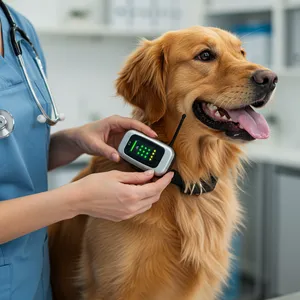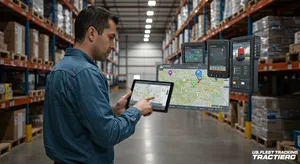GPS Tracker Features
- Real-time location updates and tracking
- Geofencing alerts and boundary monitoring
- Speed monitoring and driving behavior analysis
- Route optimization and history tracking
- Maintenance scheduling and vehicle diagnostics
These comprehensive features provide complete vehicle monitoring and security for personal and business use.

